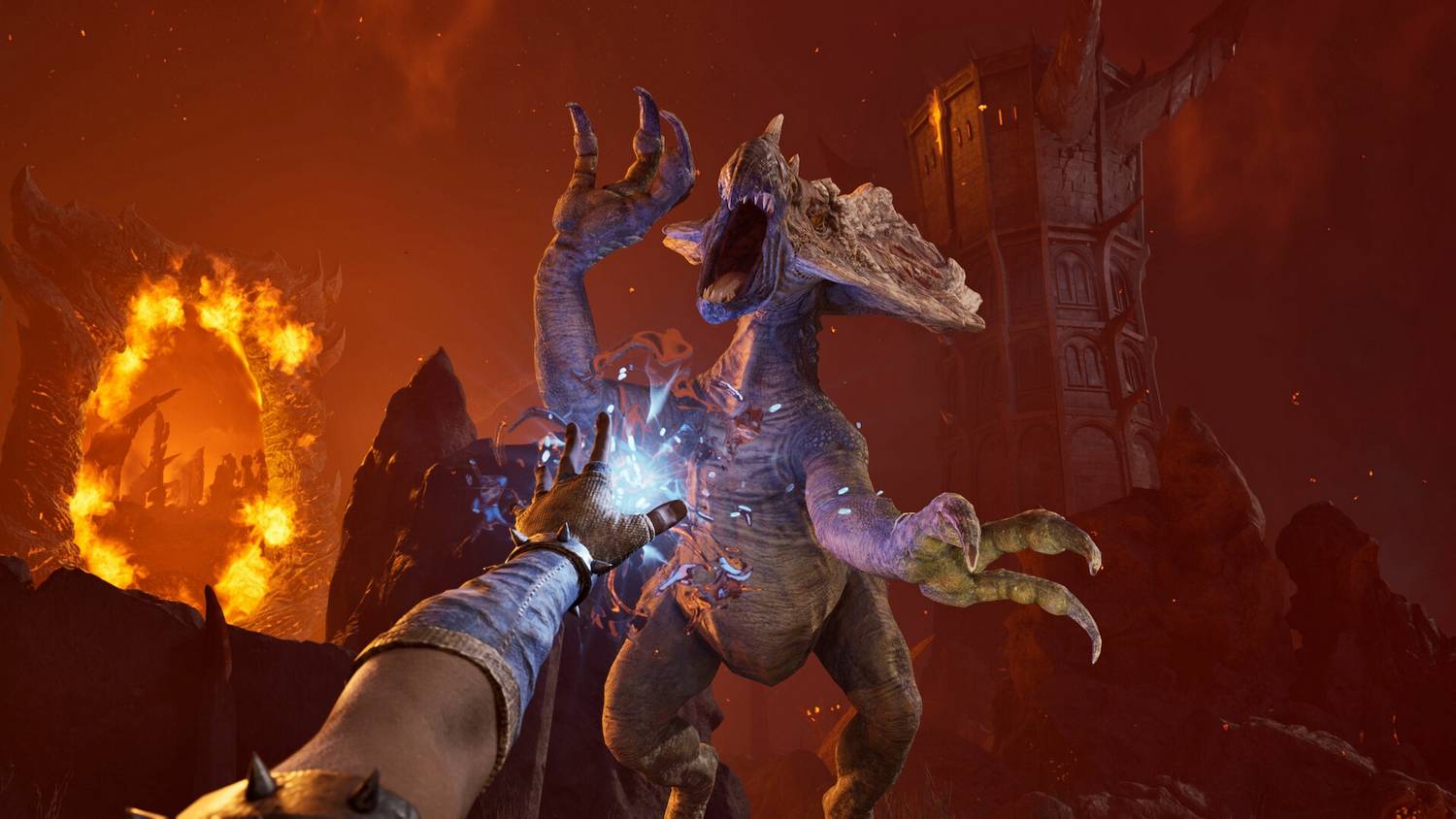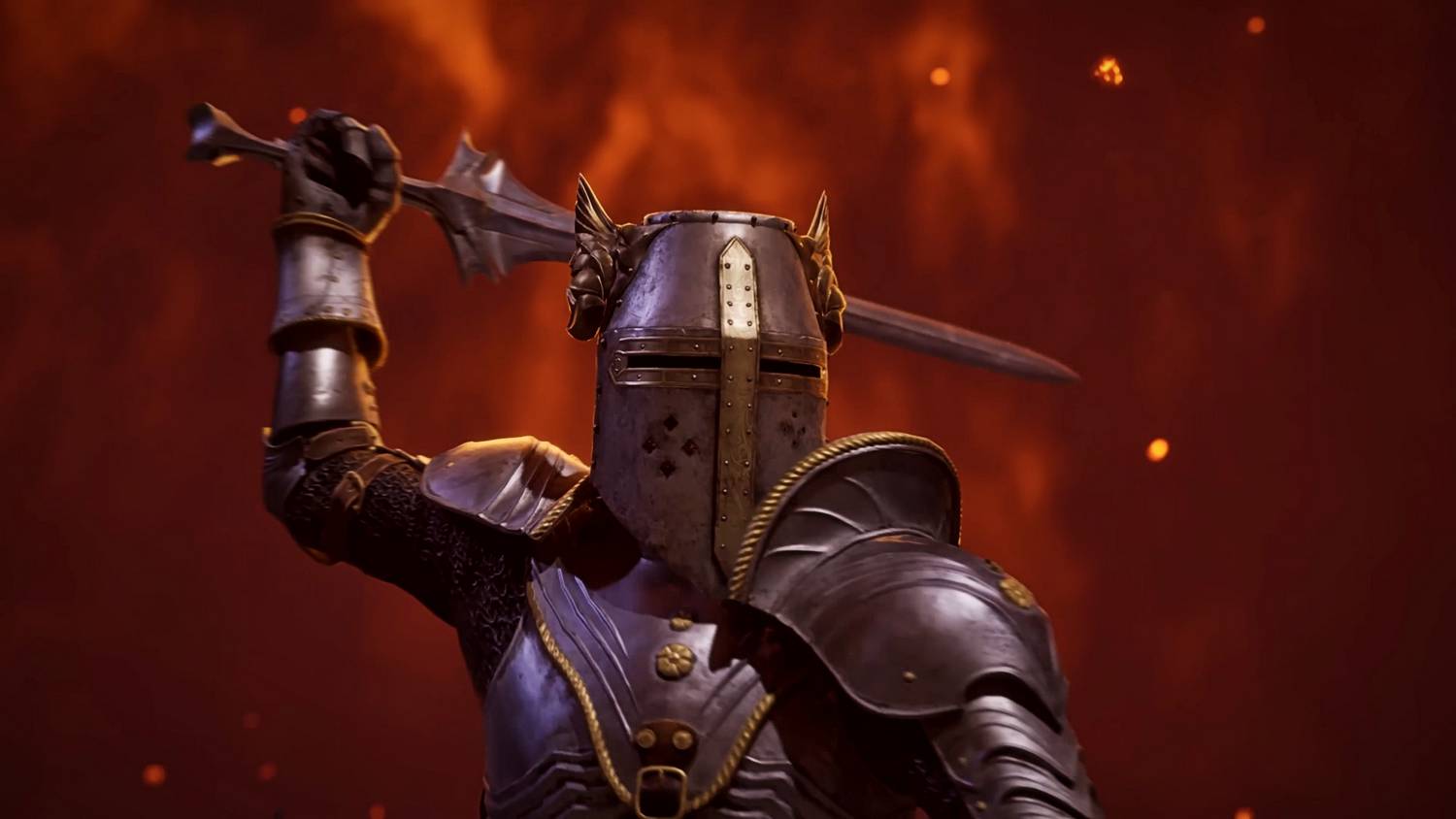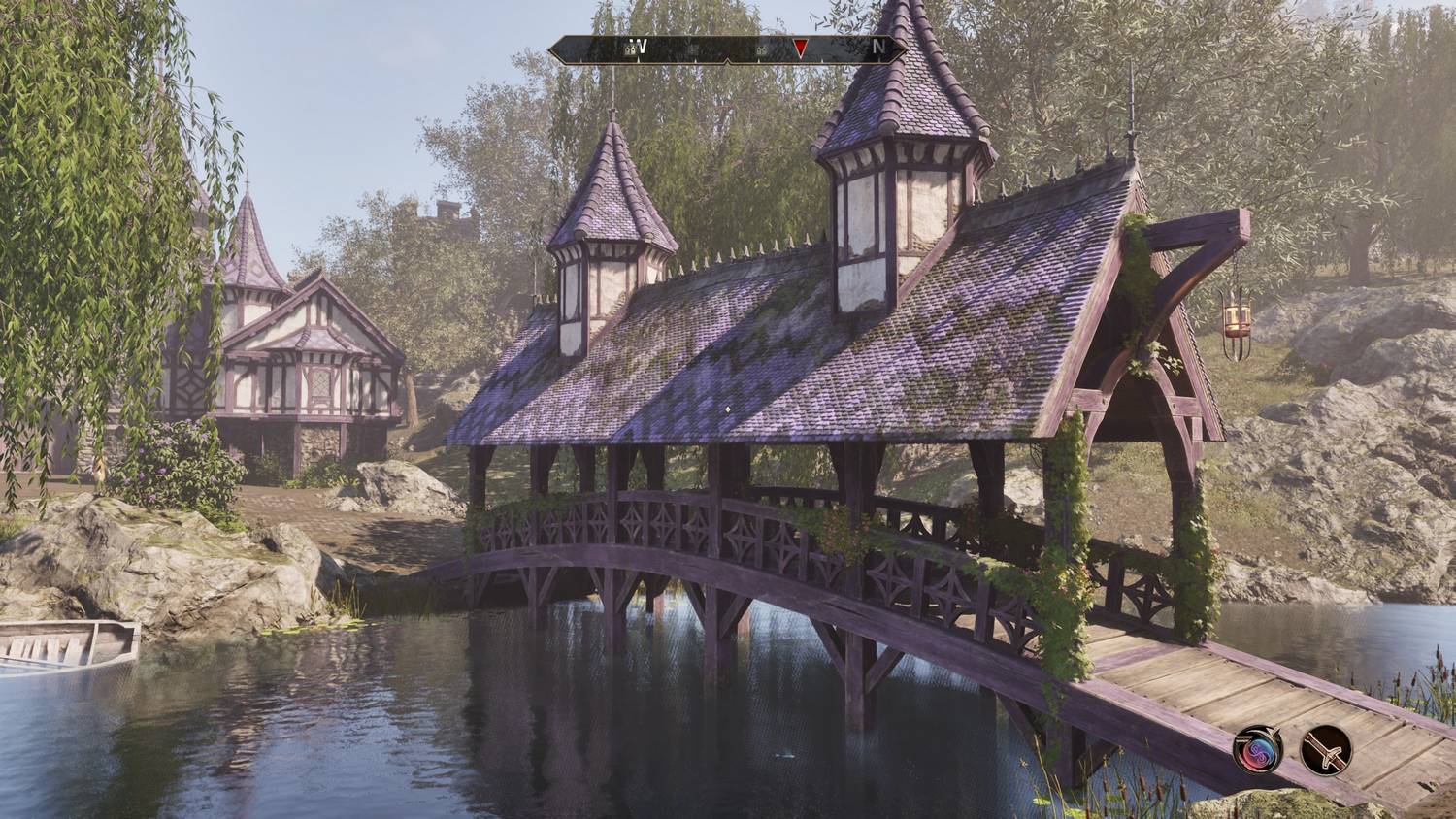A Familiar Story: Oblivion Remastered’s PC Port Falls to “Mixed” Reviews
Popular Now
 Valorant
Valorant
 Warframe
Warframe
 Schedule I
Schedule I
 Free Fire Max
Free Fire Max
 Counter-Strike 2
Counter-Strike 2
 Rust
Rust
 EA SPORT FC 25
EA SPORT FC 25
 Stumble Guys
Stumble Guys
 Fall Guys
Fall Guys
 Poppy Playtime
Poppy Playtime 
In the world of PC gaming, a new Bethesda title is often a source of great excitement and, simultaneously, a sense of foreboding. The studio’s open-world RPGs are legendary for their ambition and scope, but also for their a penchant for technical issues. With the recent release of The Elder Scrolls IV: Oblivion Remastered, it seemed that for a brief, glorious moment, the curse had been broken. The game, which launched to “Very Positive” reviews in April, was hailed as a faithful and stunning modernization of a classic. However, just four months after its release, that initial goodwill has evaporated. The game’s Steam reviews have fallen to “Mixed,” with a growing number of players reporting “poor and unstable” performance, a familiar refrain that has many in the community sadly stating, “it is still well and truly a Bethesda game.”
The core of the problem lies with the game’s recent updates, which, according to many players, have made the game’s performance even worse. While the game was praised at launch for its stunning visuals, which are powered by Unreal Engine 5, many players have reported a variety of issues, including significant frame rate drops, stuttering, and an increasing number of crashes. One of the most common complaints is that the game’s performance degrades the longer you play it, a bug that was also present in the original game and has seemingly been carried over to the remaster. This has led to a major outcry from the community, with many players expressing frustration that a game that is a remaster of a nearly two-decade-old title is struggling to run on modern, high-end hardware.
 A Patch That Broke More Than It Fixed
A Patch That Broke More Than It Fixed
The tipping point for many players was the game’s 1.2 patch in July. The patch was supposed to improve performance, but according to a number of reports from players and technical analysis sites like Digital Foundry, it has had the opposite effect. Players who were once running the game smoothly are now reporting major issues, with some claiming the game is “unplayable.” The fact that the most recent patch seems to have made things worse is a major blow to the community’s morale, as it suggests that the developers may not be able to fix the core issues plaguing the game. The lack of communication from the development team at Virtuos and Bethesda has also been a point of contention, with many fans losing faith that the issues will ever be properly addressed.
- The Unreliable Performance: The game’s performance issues are not limited to one area. Players are reporting problems in both the open world and in the game’s cities, with a common complaint being that the game stutters every time a new world cell is loaded, a classic bug that has been carried over from the original.
- The Unreal Engine 5 Conundrum: The game’s use of Unreal Engine 5, while visually impressive, has been cited by some as a potential source of the performance issues. The engine’s advanced features, like Lumen for global illumination, are incredibly demanding on hardware, and it seems that the developers have not been able to properly optimize the game to run smoothly.
- A History of Bugs: The issues with Oblivion Remastered are a reminder of a long and storied history of technical issues with Bethesda titles. From the “save game” bug in Skyrim that caused the game to grind to a halt on the PlayStation 3 to the countless bugs in Fallout 76 and Starfield, the company has a reputation for launching games that are riddled with technical problems.
 The End of a Glorious Run
The End of a Glorious Run
The fall of Oblivion Remastered’s review score is more than just a number; it’s a reflection of a growing frustration within the community. For a brief moment, it seemed that the game was a sign of a new, more polished era for Bethesda. It was a game that was a clear and a loving tribute to a classic, and it was a visual feast that looked and felt like a modern RPG. But the technical issues, which have only grown worse with time, have shattered that illusion. It’s a sobering reminder that for all of their creative brilliance, Bethesda’s games often come with a familiar caveat: they may be a masterpiece, but they will always be a masterpiece that is well and truly a Bethesda game, with all the bugs and glitches that come with that distinction.








 A Patch That Broke More Than It Fixed
A Patch That Broke More Than It Fixed The End of a Glorious Run
The End of a Glorious Run